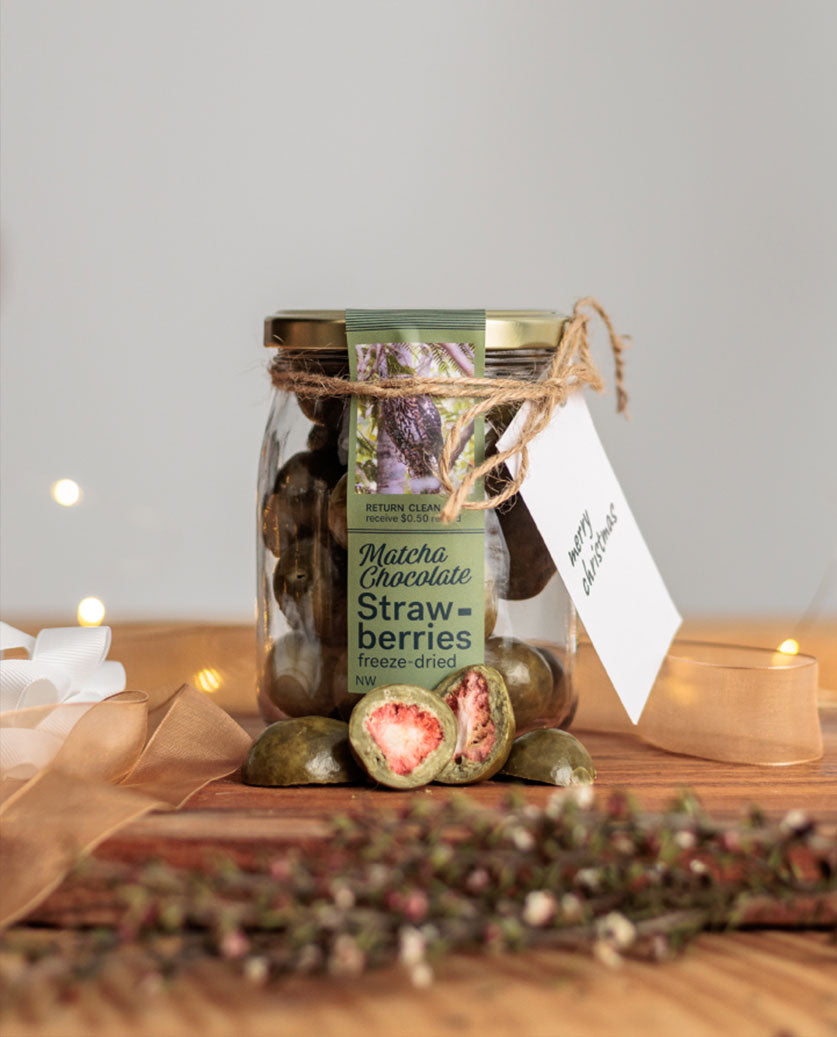A Simple Guide to Choosing Real Honey & Saving Bees
Pure honey is rare and pricey, therefore it’s no surprise that fraudulent honey has been discovered on supermarket shelves globally. In fact, honey has been found to be one of the most commonly mislabelled foods in the world. Whether this fraudulent honey has false labelling, or the honey itself has been tampered with (for example, the product is bulked with corn syrup, rice syrup, sugar syrup, glucose or other similar products) it’s best to stay away if you’re seeking a healthy diet, healthy bees and healthy ecosystems.
Luckily there are some amazing, high quality, eco-friendly honey brands out there that you can most definitely trust! Read on for our simple guide on how to choose “real” honey and in doing so, saving our precious bees.


The Importance of Bees
Bees are far more important than the honey, beeswax and other byproducts they produce – they are a fundamental part of food production. Bees are the most important pollinator of food crops in the world and play an essential role in our ecosystems, pollinating approximately 1/3 of all food on the planet. Without bees to pollinate and spread seeds, many plants—including food crops—would eventually die off and the global impact on food production would be devastating.
Since the late ’90s, beekeepers from all over the world have reported a significant decline in bees, particularly bee colonies. If bees continue to disappear there will be a dramatic effect on mankind. Essentially, mankind depends on keeping bees alive.


How & Why to Choose Real Honey
One way to help keep our bees happy and healthy is to choose “real” honey. But what does this mean?
Supporting companies that nurture the natural behaviour and overall welfare of bees, putting the bees ahead of human desires, is a great start. Look for honey companies with ethical business practices and a bee-centric approach to hive management. These companies will only take honey when plentiful and appropriate. The converse is companies that are profit driven and primarily focussed on the bottom line rather than bees, nutrition and the environment.
Buying local honey from a known source that has been produced by individual beekeepers who practice balanced beekeeping can reassure that your honey is coming from well-treated bees. You could look for additional certifications like organic and fairtrade to further affirm you’re buying from a company that prioritises happy and healthy bees!
Make sure you do plenty of research into the honey company you are choosing to vote for with your purchase power.


Honey You Can Find at GoodFor
When we first opened GoodFor we spent a lot of time researching New Zealand honey companies to ensure our support was for a company with best business practices to boost bee health, and boost our ecosystems… And this is how we came to choose our local beekeeper and his beautiful Manuka honey!
Sourced from the Kaipara Coast, this honey is raw, eco friendly and high in pollen. Their extraction method involves:
-
On-site scraping method collects the honey, pollen + beeswax directly from the honey frame in the field
-
The raw honey, pollen and beeswax is transported to our hands-on run processing plant
-
The wax is then separated out from the honey using a custom designed wax press
-
This process leaves us with nutrient-dense, pollen-enriched honey, that is independently tested and then bottled for you
The honey is not micro-filtered which maintains the good stuff like pollen, phytonutrients, propolis resins and other vitamins and minerals for your health. Shop for GoodFor honey here with trust that you’re buying “real” honey and helping save the bees! Plus in any of our stores you can refill your jars with our Manuka honey on tap.

 Images sourced – @wrightshoney_
Images sourced – @wrightshoney_
 GoodFor
GoodFor

